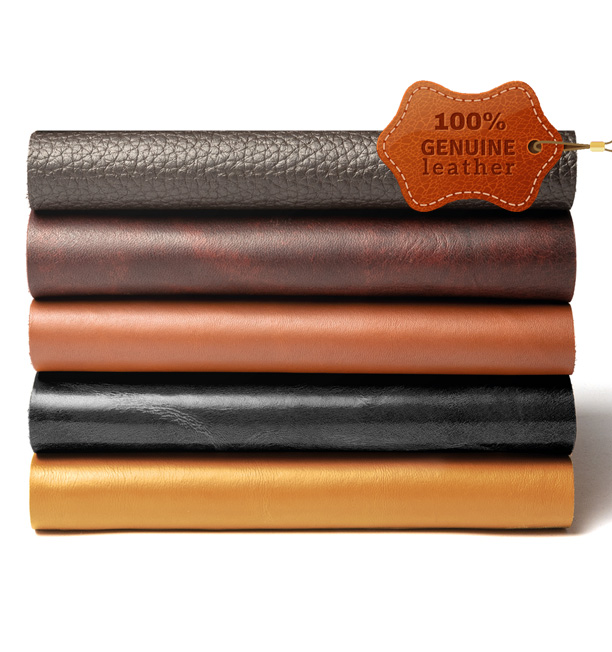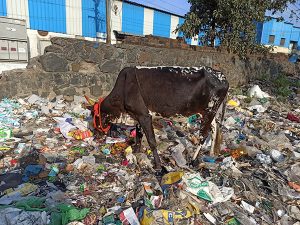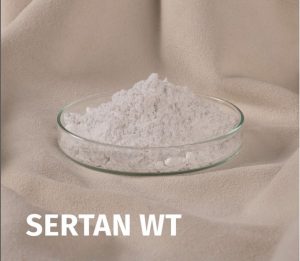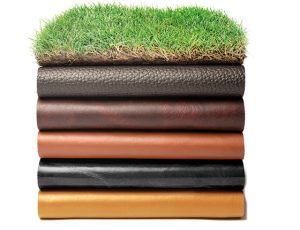Vegan leather is in focus. Every day, more countries are regulating the use of the words “leather” and “skin” in product labelling. Traditionally, “leather” and “skin” referred exclusively to items of animal origin, but in recent years their use in relation to synthetic materials has led to confusion.
In the European Union, Directive 94/11/EC states that the terms “leather” and “skin” can only be used to describe materials of animal origin. In the United States, the Food and Drug Administration (FDA) has ruled that vegan products cannot be labelled as “leather” or “skin“. Therefore, products that copy the look or texture of leather and skin must be clearly labelled as synthetic.
Another aspect that should be taken into account is related to the plastic tax, a regulation that has been implemented in several countries around the world and aims to encourage more sustainable and environmentally friendly practices.
Will the plastic tax affect vegan leather?
Countries, companies, and consumers are working together to reduce the impact of plastic on the environment, seeking solutions that regulate its use and promoting more sustainable practices. In Spain, there is a new tax that regulates plastic packaging. In our sector, more and more consumers are questioning the sustainability of vegan or synthetic leather, since its composition includes polymers derived from petroleum, a type of material that has a greater impact as waste in the natural environment.
In search of more eco-friendly leather articles
Leather products have a very positive impact from an ethical and environmental point of view. Animal origin leather is a natural product that the leather industry transforms for the manufacture of clothing, upholstery, footwear, etc. Leather is probably the oldest example of a circular economy. Once tanned and re-tanned, it becomes more or less resistant to environmental degradation, depending on the products used.
Every day, the number of consumers who seek more ethical and sustainable products and who avoid those they believe are harmful to the environment and human health is increasing. Consumers want to be informed about the production processes of brands to ensure that they offer more environtmentally friendly products. Many are willing to pay a little more for items that are made sustainably and following ethical practices. Sustainability awareness is driving positive changes in the production and consumption of leather articles, benefiting both the environment and people.
Well aware of this reality, at Quimser we have been working for years on the development of eco-tanning products that are:
- Environmentally friendly
- Biodegradable
- Compostable
- Non-toxic
- Part of a circular economy
SERTAN WT is a sustainable alternative to chrome tanning
However, traditional leather tanning processes often involve the use of chemicals that can harm the environment and human health. That is why there is a growing demand for eco-friendly alternatives to traditional leather tanning.
In early 2020, we introduced SERTAN WT to the market as an ecological alternative for leather tanning. According to the tests carried out in our laboratory and the analysis by INESCOP (ISO 20136: 2020 – Determination of degradability by micro-organisms), leather tanned with the SERTAN WT process is biodegradable and compostable by 91% in just 29 days.
In contrast, the results obtained with WET-BLUE chrome tanned leather indicate a biodegradation of 0.5%, while with a crust leather tanned with vegetable extracts (Ref. EA-R-20099) a biodegradability value of 9-10% is obtained.
Animal skin is natural and once it is transformed into leather, it should remain natural, biodegradable, and compostable.






